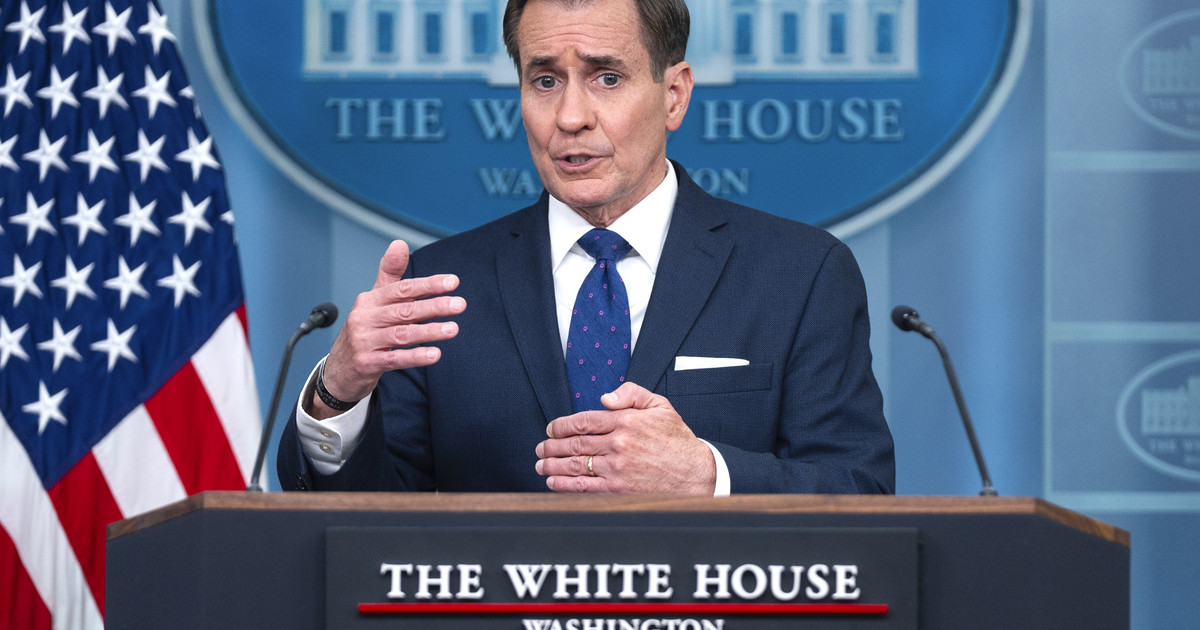Oil is also moving downwards today, as the further strengthening of the dollar combined with the assessment of a weaker demand outlook next year lead to a barrage of sales that brings prices below 100 dollars.
In particular, Brent for September delivery trades at $102.27 a barrel with a fall 4.5% or $4.8.
Similarly, US August WTI is also taking a dive 4.86% and has already lost $100, moving to 99.06 per barrel and losses of $5.
The fall of the euro to a new 20-year low that brings it near absolute parity with the dollar, combined with nervousness in equity markets ahead of further monetary policy tightening, are fueling fears of a hit to energy demand.
It is noted that with oil priced in dollars, the strengthening of the US currency works negatively for prices as it makes it more expensive for holders of other currencies.
As Commerzbank states in its note, “in the West the combination of high energy prices and rising interest rates is fueling concerns of a recession that would have a severe impact on oil demand.”
For its part, after all, OPEC predicted that global oil demand will increase next year, but at a slower rate than this year, basing its assessment on the greater limitation of the pandemic and the global economy maintaining a growth path .
Specifically, the Organization stated in its monthly report that it expects global demand to reach 2.7 million barrels per day in 2023, while for this year it kept its estimate unchanged at 3.36 barrels.
At the same time, many Chinese cities are adopting new COVID-19 restrictions, from business shutdowns to lockdowns, to limit cases in the country where Omicron’s highly infectious new sub-variant BA.5.2.1 was found.
At the same time, as White House National Security Adviser Jake Sullivan said, at the meeting he will have this week with the leaders of the Persian Gulf in Saudi Arabia, President Biden will ask for an increase in OPEC oil production.
Which of course remains doubtful, with Eurasia analysts pointing out that “Saudi Arabia is not expected to add significant volumes to its production in the near term, despite President Joe Biden’s upcoming visit, as Riyadh will prioritize commitment of managing the market and maintaining spare capacity in case of emergency”.
Source: Capital
I am Sophia william, author of World Stock Market. I have a degree in journalism from the University of Missouri and I have worked as a reporter for several news websites. I have a passion for writing and informing people about the latest news and events happening in the world. I strive to be accurate and unbiased in my reporting, and I hope to provide readers with valuable information that they can use to make informed decisions.






